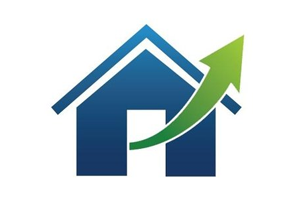
To say that the COVID-19 pandemic has been a challenge for all of us is, at this point, likely a bit of an understatement. But for millions of Americans, one of the biggest ways they’ve been impacted is also probably the one they least expected: their credit score.
With so many people experiencing financial hardship, late and even missed payments have become a “new normal” across the country. It’s also the type of downside that has the potential to stay around long after the Coronavirus has finally left us behind. But thankfully, there are certain steps you can take to help prevent these types of long-term consequences from occurring. You just need to keep a few key things in mind while you do it.
Protecting Your Credit Score During COVID-19: What You Need to Know
By far, one of the most important steps you can take to safeguard your credit score during COVID-19 involves taking to all lenders and creditors to see if any assistance options are available. Yes, it’s true that this avenue would have been limited under normal circumstances – but these are absolutely not normal times we’re living in. Most banks and other financial institutions understand that this has all been incredibly hard on people – especially those in certain industries like food service who may have been out of work for months.
At the very least, you should check to see if you can pause or even make reduced payments for the foreseeable future to avoid missing them altogether.
Along the same lines, even if financial assistance isn’t available, you should still try to pay what you can on all of your outstanding debt. If you can only make the minimum payment on your credit card, that’s okay – it’ll still prevent those late payments from showing up on your credit report, which will help preserve your score for as much as possible.
Finally, consider adding a consumer statement to your credit report that briefly explains your current situation and what you’ll be doing to remedy things moving forward. Equifax, for example, allows you to add a 100 word statement to your credit report that will allow you to verify that the missed payments or other issues that are showing up are COVID-19 related. Potential new creditors will be able to see this before making any type of decision in the future, improving the chances that even a decrease in your score won’t do as much damage as you had feared.
You can add a statement to Experian and TransUnion credit reports, too – you just have to contact them directly in order to do so.
Finally, be sure you’re staying current with all credit-related activities by requesting a copy of your full credit report whenever you’re able to do so. Especially during COVID-19, you’ll want to quickly dispute any incorrect information that you can to mitigate risk from the ongoing financial uncertainty as much as possible. You can always get a free copy of your credit report once a year by going to annualcreditreport.com.